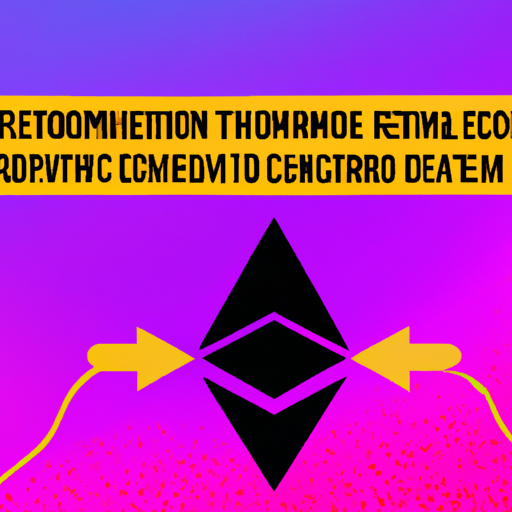
Learn Concept: Achieving Transparency and Fairness using Ethereum Ecosystem in Bitcoin Transactions
By: Eva Baxter
Often tagged as the catalyst for the modern cryptocurrency era, Bitcoin is frequently limited due to its inherent functionalities and blockchain structure. Its original blockchain infrastructure, while providing immutability and transparency, has limitations with scalability and speedy transactions. Subsequently, while Bitcoin remains a dominant player in the crypto landscape, it's often viewed primarily as a store of value rather than a practical medium for day-to-day transactions.
However, recent advancements in blockchain technology and Ethereum Virtual Machine (EVM) protocols might hold the key to unlocking Bitcoin's full potential. An interesting proposition is a concept called 'BitVM'. The idea is to enable Ethereum's smart contract functionalities into the Bitcoin network via optimistic roll-up smart contracts. This will allow developers to execute code and create decentralized applications on the Bitcoin network similar to Ethereum networks. Consequently, this brings immense possibilities of transferring value in a transparent and fair system, while still relying on the security of the world's most robust and decentralized blockchain network, i.e., Bitcoin.



